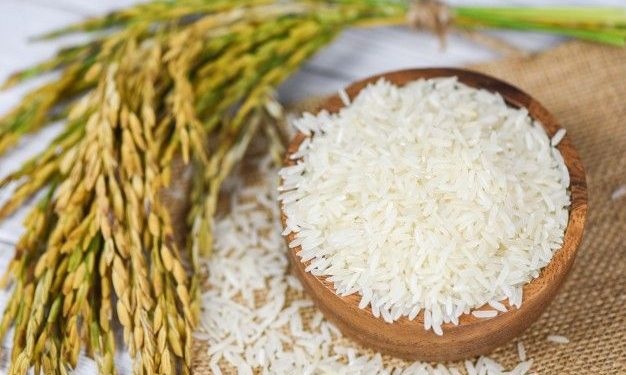Jakarta, Indonesia Sentinel — Indonesia’s rice imports saw a dramatic decline in the first quarter of 2025, as the country moves closer to its goal of food self-sufficiency, according to new data released by the Central Statistics Agency (BPS).
From January to March, Indonesia imported just 112,123 metric tons of rice, shows a staggering 92% drop compared to the same period last year, when imports reached 1.44 million tons.
Vietnam and Thailand were the largest suppliers, each contributing roughly 25,000 tons. Myanmar followed with 17,860 tons, while Pakistan accounted for 17,376 tons. Smaller volumes also came from Singapore (233 kilograms) and various other countries totaling 26,793 tons.
Semi-milled rice made up the bulk of imports at 69,750 tons. The country also brought in 41,580 tons of broken rice for animal feed, along with 739 tons of basmati rice.
The sharp drop in rice imports comes as the Indonesian government reaffirms its ambition to achieve full food independence. Coordinating Minister for Economic Affairs Zulkifli Hasan recently announced that Indonesia aims to halt rice imports through at least 2026.
Hasan’s remarks came after an additional 1.5 million tons of domestically harvested unhusked rice were absorbed into the national stockpile, bolstering confidence that local production can meet demand.
Read Also:
Indonesia Rejects Malaysia’s Rice Import Request, Prioritize Domestic Supply
Despite the progress on rice, BPS noted that imports of several other food commodities have surged. One standout is chili peppers.
Indonesia imported 13,629 tons of chili during the first three months of 2025 up nearly 50% from 9,693 tons in the same period last year. India supplied the majority with 10,072 tons, followed by China with 3,555 tons and Malaysia with 3 tons.
Another notable shift was the return of red onion imports. After a year without any, Indonesia imported 1,011 tons of red onions in early 2025, primarily from India, China, and Thailand.
The figures highlight Indonesia’s complex food security challenges, balancing self-sufficiency goals in staple commodities like rice with market realities in other sectors.
(Raidi/Agung)


























